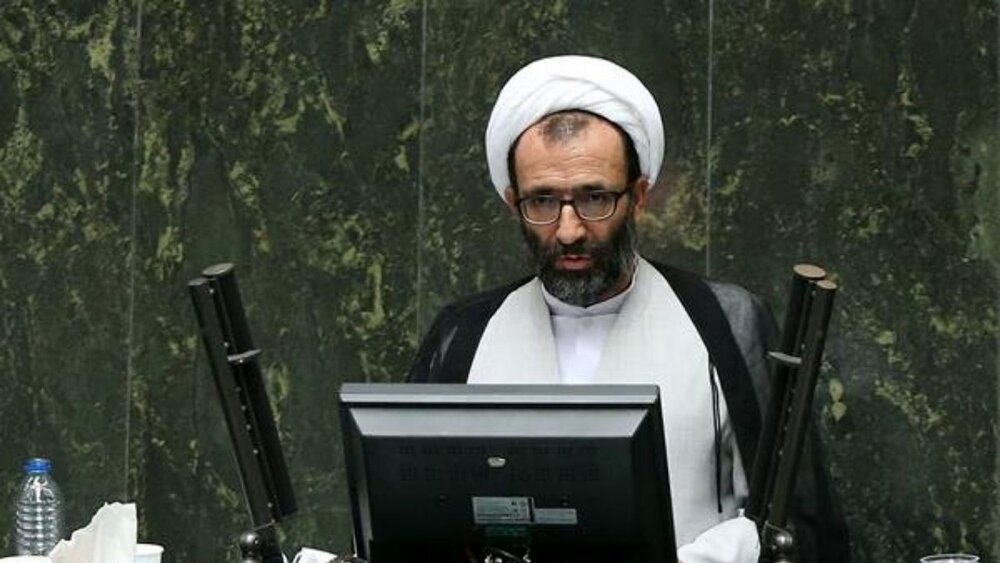60% enrichment a response to IAEA resolution: Iranian MP

TEHRAN – A senior Iranian lawmaker has lambasted the censure resolution against Iran by the UN nuclear watchdog’s Board of Governors as “political,” saying that Iran’s uranium enrichment to up to 60 percent was a response to that resolution.
Alireza Salimi, who is a member of the Parliament’s presiding board, said Iran’s move to enrich uranium up to this purity was a “proper response” to the resolution adopted by the board.
“This resolution is completely political and lacks technical value,” Salimi said in remarks to Iran’s state news agency IRNA. “The proponents of this resolution seek to advance their political goals and objectives through international organizations, including the International Atomic Energy Agency.”
He added, “The 60% enrichment of uranium by the Islamic Republic of Iran was a proper response to the resolution of the Board of Governors of the International Atomic Energy Agency. They should receive the answer that our position towards them is one of authority, not passivity.”
The MP noted, “We need to enrich uranium up to 60 percent to meet our needs in the field of fuel, medicine, etc., and this is done in order to meet the peaceful needs of the time.”
The lawmaker said, “The International Atomic Energy Agency has repeatedly endorsed the peaceful nature of Iran's nuclear activities and issuing such resolutions is a completely political act.”
In its first practical response to the recent resolution adopted by the IAEA board, Iran started spinning more advanced centrifuges at a nuclear plant that has long been in the crosshairs of the West.
Mohammad Eslami, the head of the Atomic Energy Organization of Iran (AEOI), said last week, “Over the last days, we witnessed the adoption of a resolution against Iran, which was met with our reciprocal response in such a way that in recent days the production of UF6 uranium with a purity of 60 percent started at Fordow.”
According to a statement by the AEOI, Iran also installed a set of more advanced IR6 centrifuges at the Natanz nuclear plant, a move that will further accelerate Iran’s uranium enrichment to the level of 60 percent.
Iran is now enriching uranium up to 60 percent purity at Fordow for the first time. When it comes to Fordow, enrichment per se is meaningfully important not to mention 60 percent enrichment. Because under the terms of the JCPOA, Iran was not allowed to enrich uranium at Fordow at all. And the highest enrichment level Iran was allowed to reach was 3.67 percent, much below the current level of Iran’s enrichment.
Iranian Foreign Ministry spokesman Nasser Kanaani also reacted to the IAEA resolution.
The resolution, put forth by the United States and the E3 countries – Germany, France and the UK -, demanded that Iran answer the questions raised by the IAEA regarding the alleged nuclear material found at three sites.
Despite Iran answering the questions and offering further cooperation with the UN nuclear watchdog, the U.S. and its European allies moved ahead with the resolution, which Kanaani said was tabled with “political aims.”
“It was put on the agenda of the U.S. and the European trio, to mount pressures on the Islamic Republic of Iran,” said the spokesman, adding that the resolution was issued while Iran has had the most transparent peaceful nuclear program in the world, with regards to the number of the nuclear installations under the supervision of the IAEA worldwide, while Tehran has let the Agency conduct the highest number of inspections and verifications.
Describing the resolution as a “destructive and irrational move,” Kanaani said unfortunately instrumental use of international organizations against independent nations has turned into a norm in the foreign policy of the West.
Leave a Comment